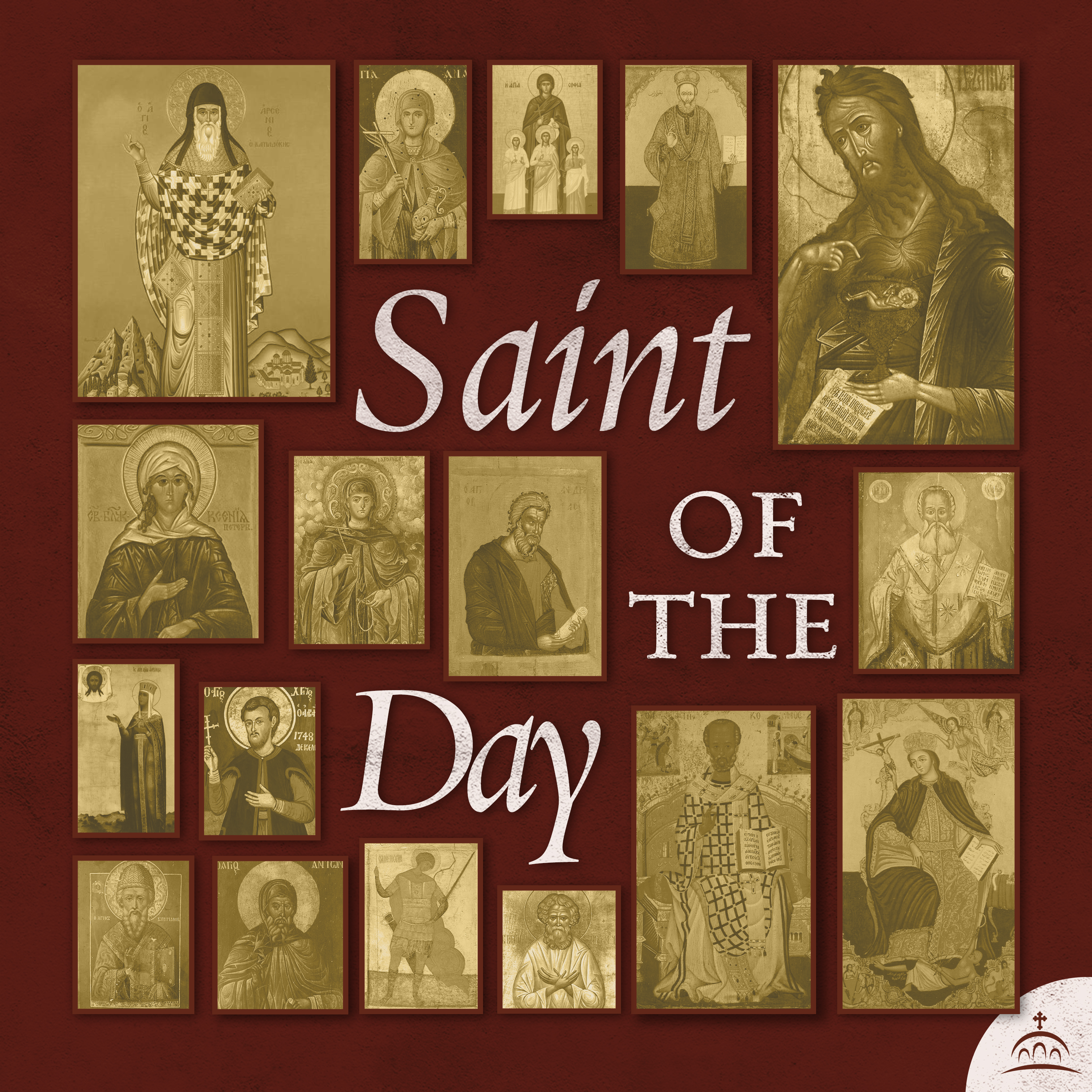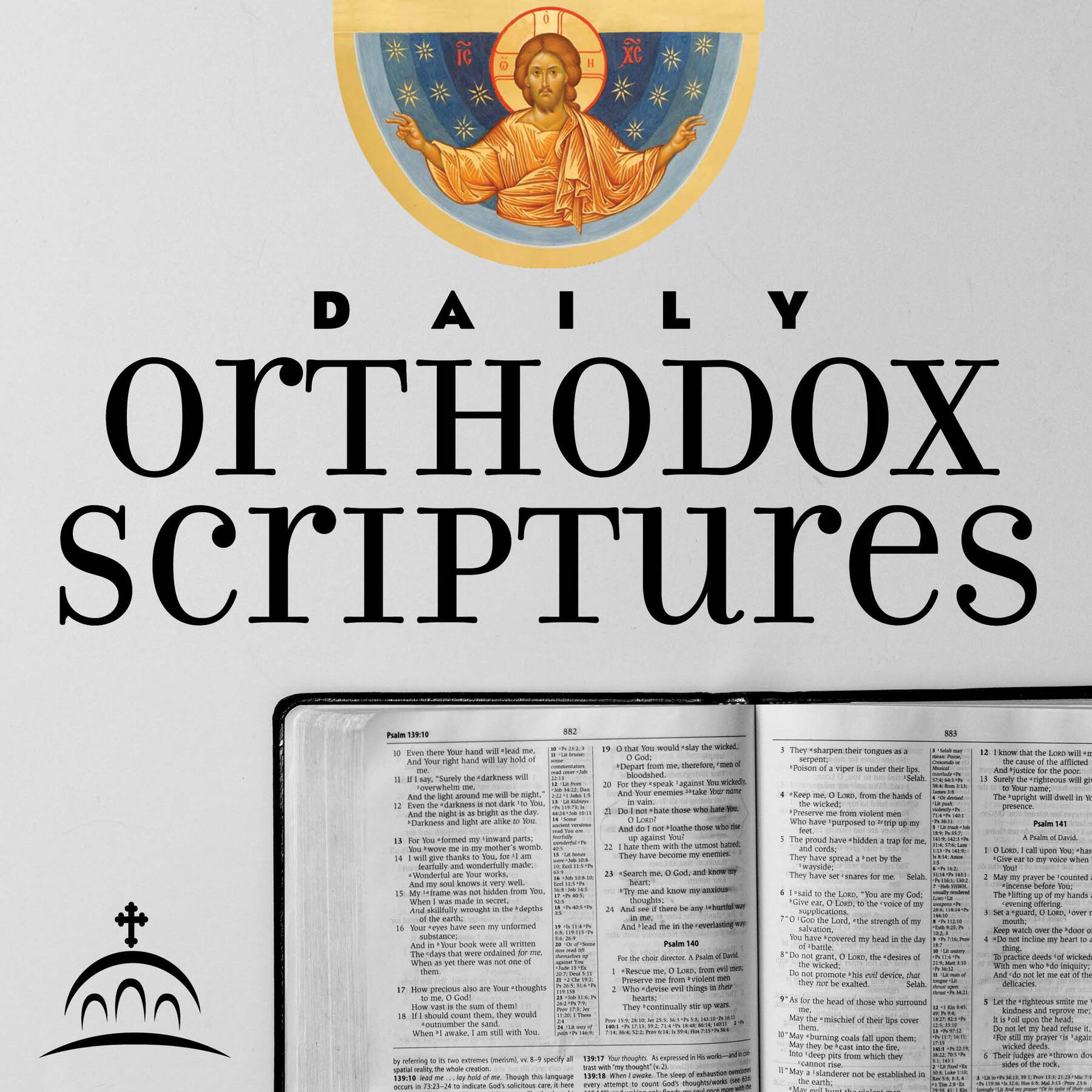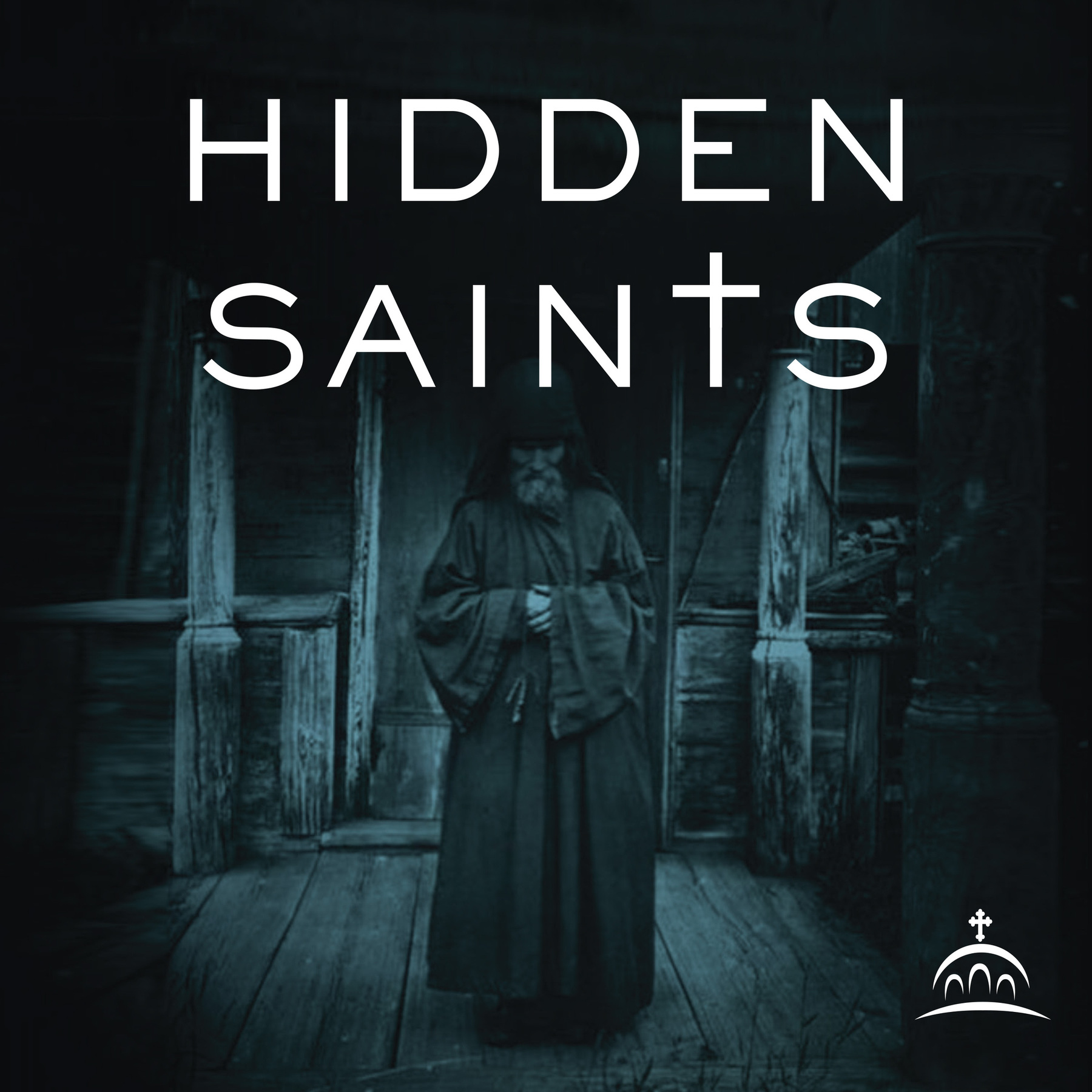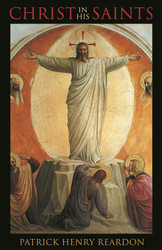
Saint of the Day
Daily Orthodox Saints
The Saint of the Day briefly tells the story of one of our venerable Saints we are commemorating for each day. It is heard eight times daily Monday—Friday, and is also available as a podcast. Our reader is a professional actor and an ordained Deacon in the Orthodox Church, Dn. Jerome Atherholt. Our source is www.abbamoses.com.
Support podcasts like this and more!
Donate NowThursday, September 5, 2024
Holy and Glorious Prophet Zacharias, Father of St John the Baptist
Much of his story is told in the first chapter of Luke's Gospel. The Synaxarion continues: 'After the birth of Christ, Zacharias plainly declared the virginity of Mary and showed her truly to be the Mother of God; for he appointed her a place in that part of the Temple reserved for the virgins and so brought upon himself the hatred of the priests and levites. 'When John was six months old, Zacharias hid him and his mother in a cave beyond the Jordan because King Herod, hearing of the birth in Bethlehem of the king of the Jews and fearing a rival of his own worldly power, sent soldiers to kill all the male children of Bethlehem. His enemies seized this opportunity to denounce Zacharias to Herod, who had him pursued and put to death within the precinct of the Temple, at the very place the Mother of God abode for a witnes to her virginity. As the Prophet's blood flowed within the sanctuary, it signified the withdrawing of the divine Presence. Priests came to take up his body and they buried him with his fathers. From that moment signs and prodigies occurred in the Temple, indicating that the rites of the Law would soon be abolished. No longer would the priests behold the angels of God, or have the grace of prophecy; no longer would they be able to deliver oracles or enlighten the people upon the dark places of holy Scripture, as they had been wont to do.'
Wednesday, September 4, 2024
Hieromartyr Babylas, bishop of Antioch, and those with him (251)
He was archbishop of Antioch at the time of the wicked Emperor Numerian. Once the Emperor came to Antioch and attempted to enter a church where Babylas was serving. Coming to the door, the Archbishop forbade the Emperor, as a pagan and a shedder of innocent blood, to enter the house where the True God was worshipped. Retreating in humiliation, the Emperor determined to take his revenge. Shortly after he had Babylas imprisoned along with several Christian children. Babylas was made to watch the beheading of each of the children. Having given them encouragement he submitted himself to beheading. At his own request he was buried in the chains with which he had been bound. After the establishment of Christianity in the Roman Empire, the Emperor Gallus had a church built in honor of Babylas near the site of a temple to Apollos at Daphne, outside Antioch. (This was where, according to pagan legend, the maiden Daphne had been turned into a tree to escape the lust of Apollos). When Julian the Apostate came to Antioch in 362 to consult a famous oracle there, he found that the oracle had been deprived of its power by the presence of a Christian church nearby. He ordered the relics of St Babylas to be dug up and removed from the Church. As soon as this had been done a thunderbolt destroyed the shrine of Apollo, which Julian did not dare to rebuild. Saint John Chrysostom, then Archbishop of Antioch, preached a sermon on these events within a generation after their occurrence.
Tuesday, September 3, 2024
Our Holy Father Joannicius, Archbishop and first Patriarch of Serbia (1354)
"Born in Prizrem, he served as first secretary to King Dušan. He became Archbishop in 1339, and in 1346 was raised to the rank of Patriarch. He was a zealous pastor, and brought order to the Serbian Church, being 'a great upholder of the Church's laws'. He entered into rest on September 3rd, 1349, and his relics are preserved at Pec´." (Prologue)
Monday, September 2, 2024
Martyr Mamas of Caesarea in Cappadocia (275), and his parents, Martyrs Theodotus and Rufina
He began his life in the cruelest of circumstances: both of his parents were imprisoned for their faith in Christ. First his father, Theodotus, died in prison, then his mother, Rufina, died shortly after his birth, so the infant was left alone in prison beside the bodies of his parents. But an angel appeared to the widow Ammia, telling her to go to the prison and rescue the child. Ammia obtained the city governor's permission to bury the parents and bring the child home. He was called Mamas because he was mute until the age of five and his first word was `Mama'. Despite his late beginning, he showed unusual intelligence and, having been brought up in piety, soon openly proclaimed his Christian faith. When he was only fifteen years old he was arrested and brought before the Emperor Aurelian. The Emperor, perhaps seeking to spare the boy, told him to deny Christ only with his lips, and the State would not concern itself with his heart. Mamas replied `I shall not deny my God and King Jesus Christ either in my heart or with my lips.' He was sent to be tortured, but miraculously escaped and lived in the mountains near Caesarea. There he lived in solitude and prayer and befriended many wild beasts. In time, he was discovered by the persecutors and stabbed to death with a trident by a pagan priest.
Sunday, September 1, 2024
Our Holy Father Symeon Stylites (459)
Born in Syria, he was a shepherd, but at the age of eighteen he left home and became a monk, practicing the strictest asceticism. At times he fasted for forty days. After a few years at a monastery he took up an ascetical discipline unique at that time: mounting a pillar, he stood on it night and day in prayer. Though he sought only seclusion and prayer, his holiness became famous, and thousands would make pilgrimage to receive a word from him or to touch his garments. Countless nomadic Arabs came to faith in Christ through the power of his example and prayers. To retreat further from the world, he used progressively taller pillars: his first pillar was about ten feet high, his final one about fifty. He was known also for the soundness of his counsel: he confirned the Orthodox doctrine at the Council of Chalcedon and persuaded the Empress Eudocia, who had been seduced by Monophysite beliefs, to return to the true Christian faith. After about forty years lived in asceticism, he reposed in peace at the age of sixty-nine. He was at first suspected of taking up his way of life out of pride, but his monastic brethren confirmed his humility thus: They went to him as a group, and told him that the brotherhood had decided that he should come down from his pillar and rejoin them. Immediately he began to climb down from the pillar. Seeing his obedience and humility, they told him to remain with their blessing.
 Dn. Jerome Atherholt
Dn. Jerome Atherholt






